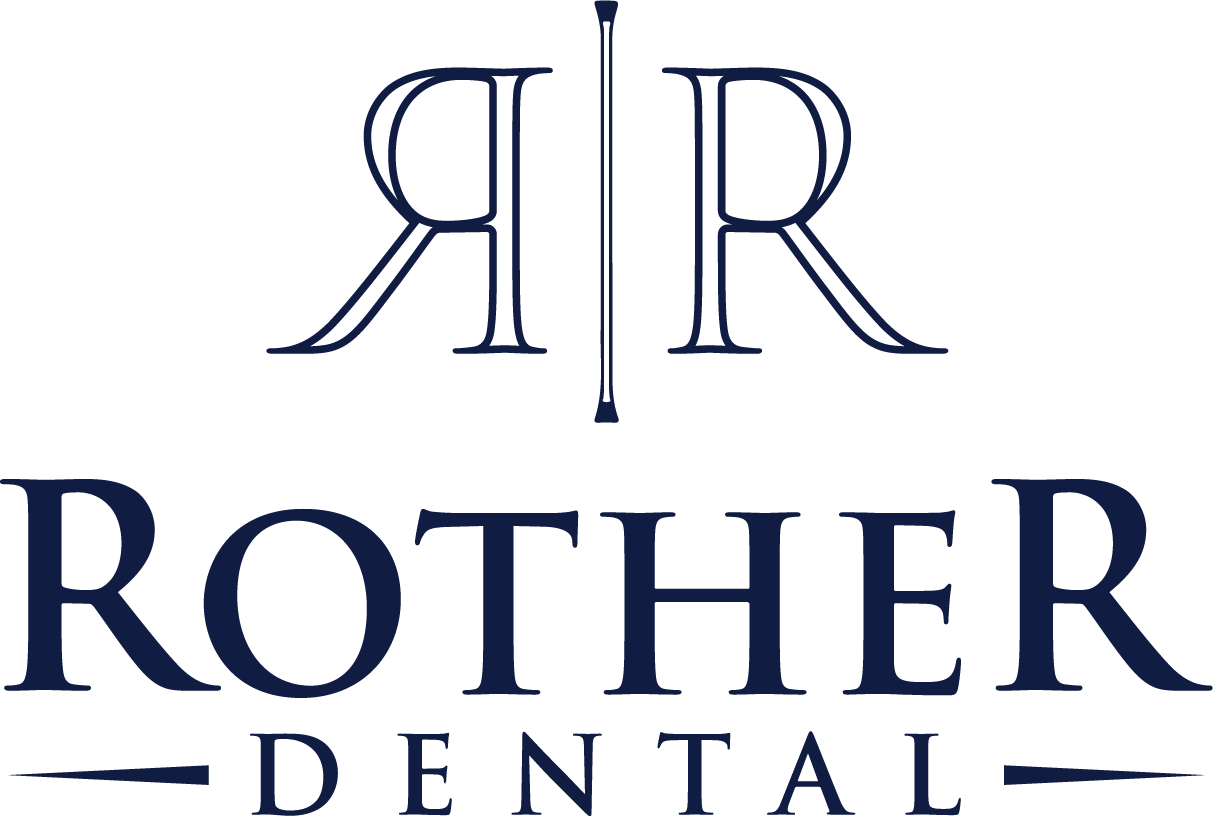Checking your teeth regularly is what prevents more serious problems. So, having regular exams twice a year, your dentist can make sure that your mouth is healthy and can address any existing or potential issues before they become worse. Your exams always include a complete check of your tooth surfaces and gums to ensure that you are in great oral health.

During your regularly scheduled exam at the dentist, your hygienist will clean your teeth and check for cavities or signs of gum disease and other potential problems. Your exam will also include a screening or evaluation that helps our team know to check the surrounding oral structure, head, neck, and face for abnormalities. Sometimes your dental exam will also include a dental X-ray to help us diagnose other issues that aren’t visible to the eye.
When you visit the dentist at a scheduled and regular interval, you are protecting more than just your teeth. You’re doing a favor for your overall health and well-being by allowing your dentist to check you for signs and symptoms of more serious and systemic diseases as well including rheumatoid arthritis, lupus, diabetes, and other diseases. If these conditions are identified early by your dentist they can suggest a visit with your primary care provider to investigate further.
A regular dental exam will usually consist of the following procedures from the hygienist and doctor:
Once your exam is completed, the dentist or hygienist will go over any important findings or results that require attention and discuss any risks that might be present including tooth decay, gum disease, or other oral health problems. If there are any additional restorative treatments necessary, they’ll discuss setting up your next appointment and schedule any follow-up care that may be needed.
